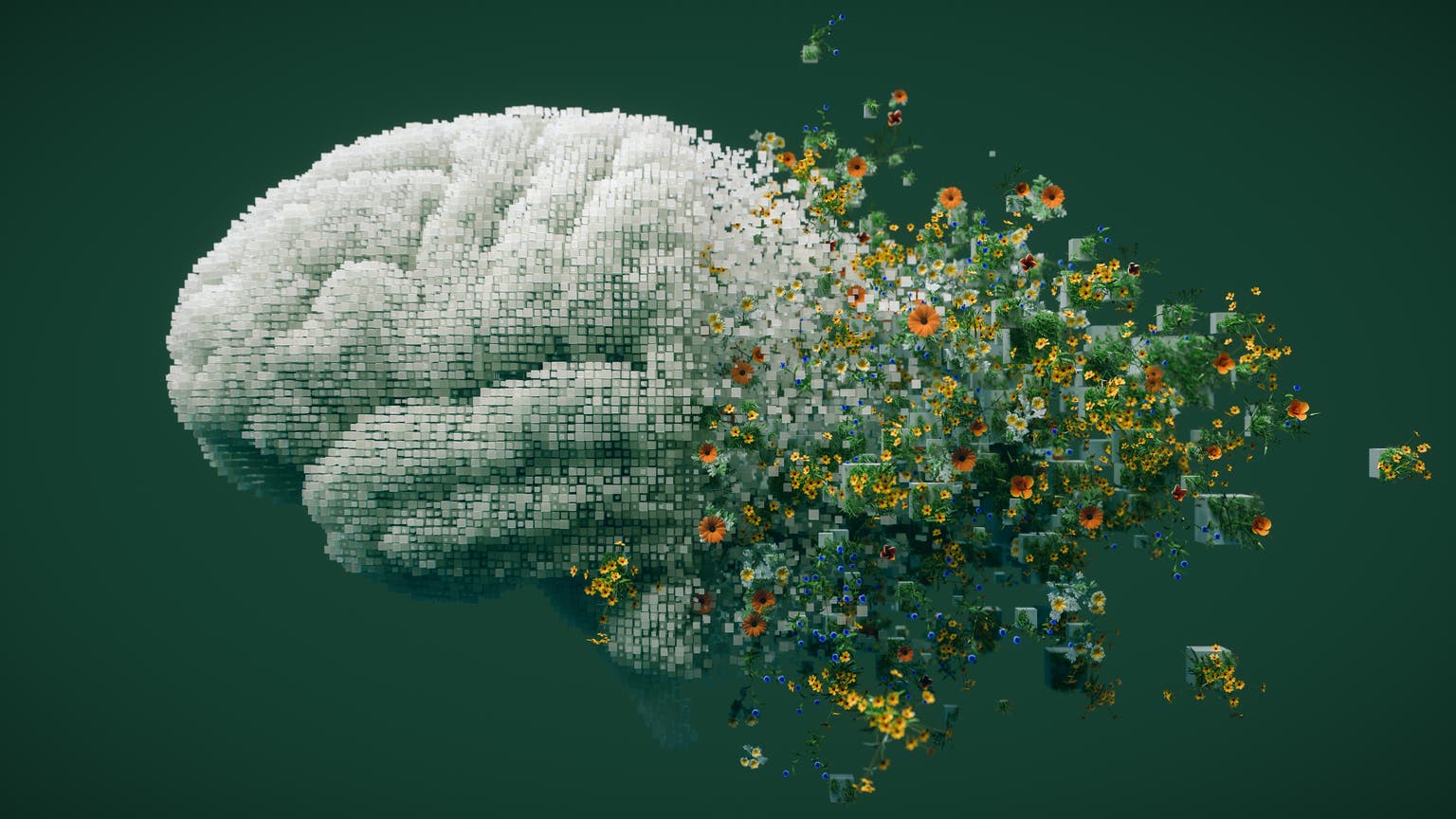Breaking the Silence: Addressing Mental Health Stigma in India

The Silent Struggle: Why Mental Health Matters in India
In a country as diverse and vibrant as India, conversations around mental health often remain shrouded in silence. While mental wellbeing is a cornerstone of overall health, impacting how we think, feel, and behave, stigma and misconceptions continue to hinder open dialogue and access to crucial support. This is particularly concerning during childhood and adolescence – formative years where a strong mental foundation is vital for learning, building healthy relationships, managing emotions effectively, and making responsible choices.
The Roots of the Stigma
Several factors contribute to the pervasive stigma surrounding mental health in India. Traditional beliefs, societal pressures, and a lack of awareness often lead to misconceptions and discrimination. Mental health conditions are frequently viewed as a sign of weakness or a personal failing, rather than as legitimate medical concerns requiring professional attention. This can result in individuals suffering in silence, afraid to seek help for fear of judgment or social exclusion.
Impact on Young Minds
The impact on young people is especially worrying. Childhood and adolescence are critical periods for brain development and emotional growth. Untreated mental health issues can significantly impair a child's ability to learn, form healthy attachments, and develop coping mechanisms. Conditions like anxiety, depression, and attention-deficit/hyperactivity disorder (ADHD) can have long-lasting consequences if left unaddressed. Furthermore, the pressure to succeed academically and conform to societal expectations can exacerbate these challenges.
Addressing the Challenge: A Multi-pronged Approach
Breaking down the stigma requires a concerted effort from individuals, families, communities, and the government. Here's how we can make a difference:
- Raising Awareness: Public health campaigns and educational programs can help dispel myths and promote understanding of mental health conditions.
- Promoting Open Dialogue: Creating safe spaces for people to share their experiences without fear of judgment is crucial.
- Improving Access to Care: Expanding mental health services, particularly in rural areas, and ensuring affordability are essential. Telemedicine can play a vital role in bridging the gap.
- Training Healthcare Professionals: Equipping doctors, teachers, and other frontline workers with the skills to identify and respond to mental health concerns is paramount.
- Supporting Families: Providing support and education to families of individuals with mental health conditions can significantly improve outcomes.
Moving Forward: A Brighter Future
Addressing the mental health stigma in India is not just a matter of individual well-being; it's a matter of national progress. By fostering a culture of empathy, understanding, and support, we can empower individuals to seek help when they need it and create a healthier, more resilient society for all. Let's break the silence and prioritize mental health as an integral part of overall well-being. The time for change is now.




:max_bytes(150000):strip_icc()/VWH-GettyImages-2194594906-efca9f2c6dcb4efa8cee44d817882c68.jpg)

